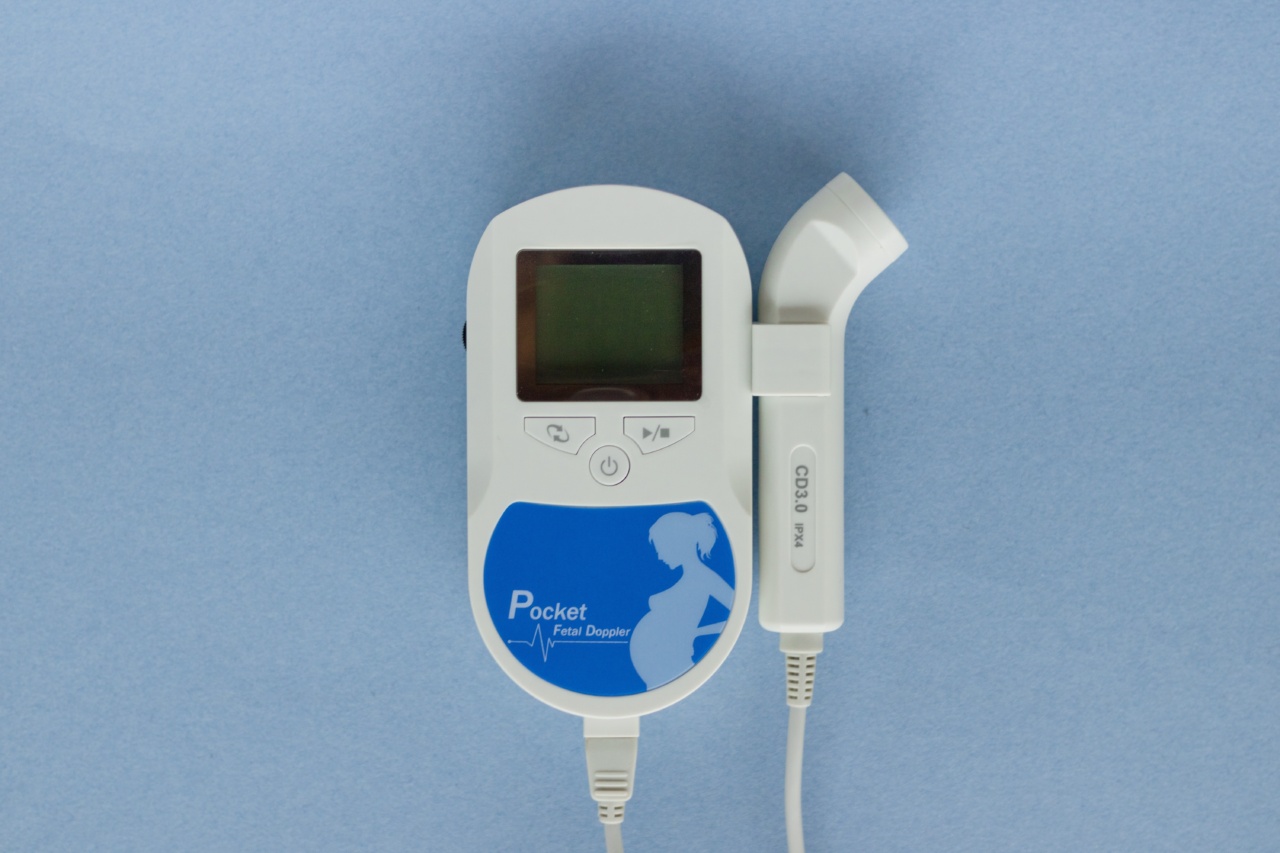During pregnancy, prenatal tests are commonly conducted to ensure the health of both the expecting mother and her growing baby. One of these tests is a Doppler ultrasound.
This noninvasive test uses sound waves to measure blood flow through blood vessels and can be performed transvaginally or on the abdomen. In this article, we will explore what pregnancy Doppler ultrasound is, how it is done, what to expect during the procedure, and its benefits and limitations.
What is Pregnancy Doppler Ultrasound?
Pregnancy Doppler ultrasound is a diagnostic ultrasound procedure that measures blood flow through blood vessels. It uses sound waves to produce images of blood flow patterns, which are then displayed on a computer screen.
This test helps the healthcare provider to monitor the baby’s growth and health, blood flow to the placenta, and check if there any potential problems that need to be addressed.
How is Pregnancy Doppler Ultrasound Done?
Pregnancy Doppler ultrasound is a noninvasive procedure that can be performed transvaginally or on the abdomen. The transvaginal procedure is usually performed in early pregnancy, while the abdominal procedure is more common in mid to late pregnancy.
During the exam, a clear gel is applied to the skin or to an ultrasound probe, which is then placed on the skin or into the vagina. The ultrasound probe transmits sound waves, which bounce off body tissues and fluids and create images that are displayed on a monitor. The healthcare provider then analyses these images to evaluate blood flow through blood vessels.
What to Expect During Pregnancy Doppler Ultrasound?
A pregnancy Doppler ultrasound is painless and usually takes between 20 and 30 minutes, depending on the stage of pregnancy and the purpose of the scan. During the exam, the expecting mother may be asked to lie down and expose the area being examined.
A technician will apply a small amount of sterile gel to the skin or ultrasound probe before scanning. The technician may also need to use a mild force to move the probe around your belly to get a better view of the blood flow. The expecting mother may feel slight pressure or discomfort during the exam.
Benefits of Pregnancy Doppler Ultrasound
Pregnancy Doppler ultrasound is an essential test that can help in the diagnosis of many pregnancy-related complications. These include:.
- Checking the blood flow to the placenta
- Checking for any blockages in the umbilical cord
- Checking for fetal anemia or heart defects
- Monitoring the growth of the baby
- Checking for preeclampsia, a severe pregnancy complication characterized by high blood pressure
- Evaluating the risk of preterm labor
Limitations of Pregnancy Doppler Ultrasound
Like any diagnostic tool, pregnancy Doppler ultrasound also has some limitations. For example:.
- It cannot diagnose all fetal anomalies.
- It cannot guarantee that a baby is not at risk for complications.
- It may show abnormalities that are not significant to the baby’s health or development.
Risks of Pregnancy Doppler Ultrasound
Pregnancy Doppler ultrasound is generally considered safe for mothers and babies. There are no known harmful effects of the sound waves used in this procedure. However, as with any medical procedure, there are some risks to consider. These include:.
- Exposure to radiation, although the levels are considered very low and not associated with any harm.
- A technician may detect abnormalities that may not pose any risk to the baby.
- The procedure may cause anxiety, especially if the technician detects any abnormalities.
Conclusion
Doppler ultrasound during pregnancy is an essential prenatal test that helps healthcare providers to monitor fetal growth and identify potential complications.
The noninvasive test uses sound waves to produce images of blood flow patterns, which are then analysed to evaluate blood flow through blood vessels. As with any diagnostic tool, it has both benefits and limitations. However, pregnancy Doppler ultrasound is generally considered safe for mothers and their babies.
In case you have any concerns or questions regarding your pregnancy Doppler ultrasound, do not hesitate to talk to your healthcare provider.




























